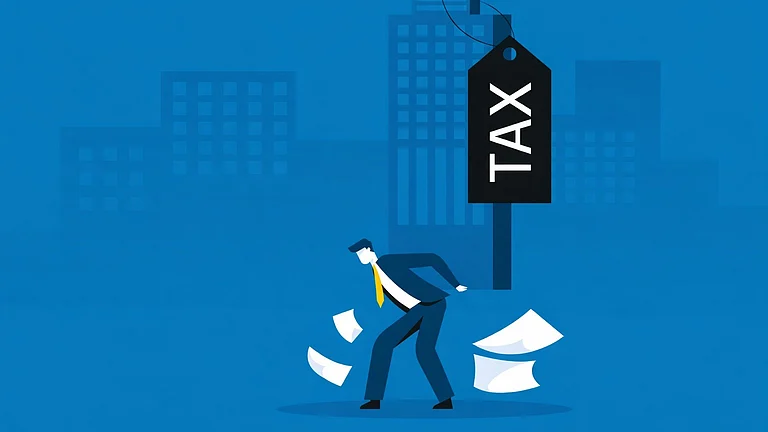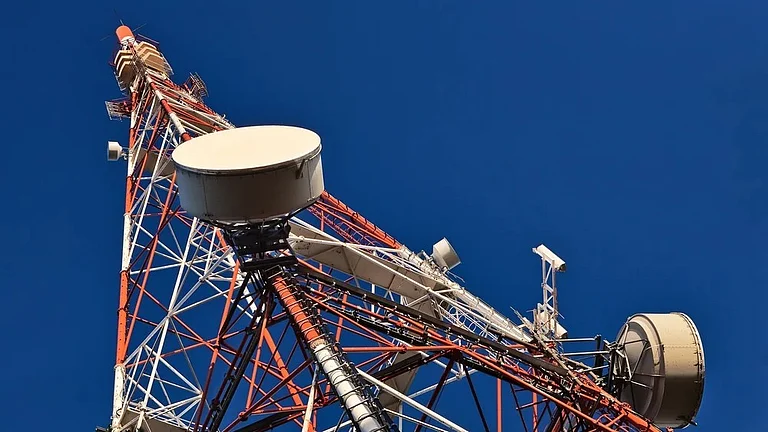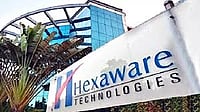The Supreme Court on October 16 said that the licence fee paid by telecom companies such as Bharti Airtel and Vodafone Idea to the Department of Telecom (DoT) after July 1999 would be treated as capital expenditure and not revenue expenditure.
Accepting Income Tax Department’s contention, the court said that annual payment based on adjusted gross revenue (AGR) is towards licence fees. The fee cannot be construed as revenue expenditure just because it is paid based on the annual gross revenue.
The apex court bench comprising Justices BV Nagarathna and Ujjal Bhuyan set aside the orders of the Delhi High Court (2013), Bombay High Court, and Karnataka High Court.
“A single transaction cannot be split up in an artificial manner into a capital payment and revenue payments by simply considering the mode of payment,” the court said.
The licence fee remains capital regardless of installment payments after the New Telecom Policy 1999 came into effect, according to the bench.
According to the National Telecom Policy of 1999, telcos were required to pay a one-time licence fee for entry, along with a licence fee that was payable based on their yearly turnover. In the earlier policy, licence fee was paid in a single installment.
How The Judgement Will Impact Telecos?
Currently, telecom companies treat licence fees as an expense, claiming deductions on account of variable licence fees on a year-to-date basis for computing their tax liability. “However, after the judgment, the license fee would have to be treated as a capital expense, with a provision for amortization of the license fee over the license period. Prima facie, the accounting change would lead to higher EBITDA/PBT and lower cashflow on higher tax outgo initially, but would likely even out over the license holding period,” according to a Kotak Institutional Equities report.
Bharti Airtel and Vodafone Idea are the companies likely to be majorly impacted by this turn of events.
Capital expenditure refers to the amount a company spends to buy, maintain, or improve its fixed assets such as buildings, vehicles, equipment, or land. On the other hand, revenue expenditure includes administrative expenses such as rent, utilities, property taxes, and business travel incurred to meet the operational costs of business.
“The decision of the Hon’ble Supreme Court could have a huge impact on the Telecom Industry as the High Court decision seemed to provide a reasonable basis to decide on the deductibility of the payments made by the telecom operators to obtain the telecom licence. The various telecom operators who have incurred substantial expenses to obtain licence will have to revisit the position taken with respect to the deductibility of the expense. The disallowance of the expenses would adversely impact the companies which are already suffering a huge loss,” said Mihir Gandhi, Partner, Tax & Regulatory Services at BDO India
The Supreme Court has not cleared the position on the applicability of this provision on a retrospective basis. According to Kotak report, the income tax authorities are expected to raise demand for the shortfall in tax payment for the prior period, along with applicable penalties.
For telecom service providers, that have completed the first 20 years of the license, the past tax shortfall would likely apply only to the difference in payment timings and change in tax rate. It could have a major impact if the company is still to complete 20 years licence period or for the period after licence renewal.
The telecom companies are likely to file a review petition and the actual tax liability could get delayed, as per the report.
Peeyush Vaish, partner at Deloitte India told the Economic Times that according to initial calculations, the telcos could collectively face additional tax liabilities of around Rs 8,000 crore against the sector’s estimated Rs 3 lakh crore adjusted gross revenue (AGR) in FY24.
































